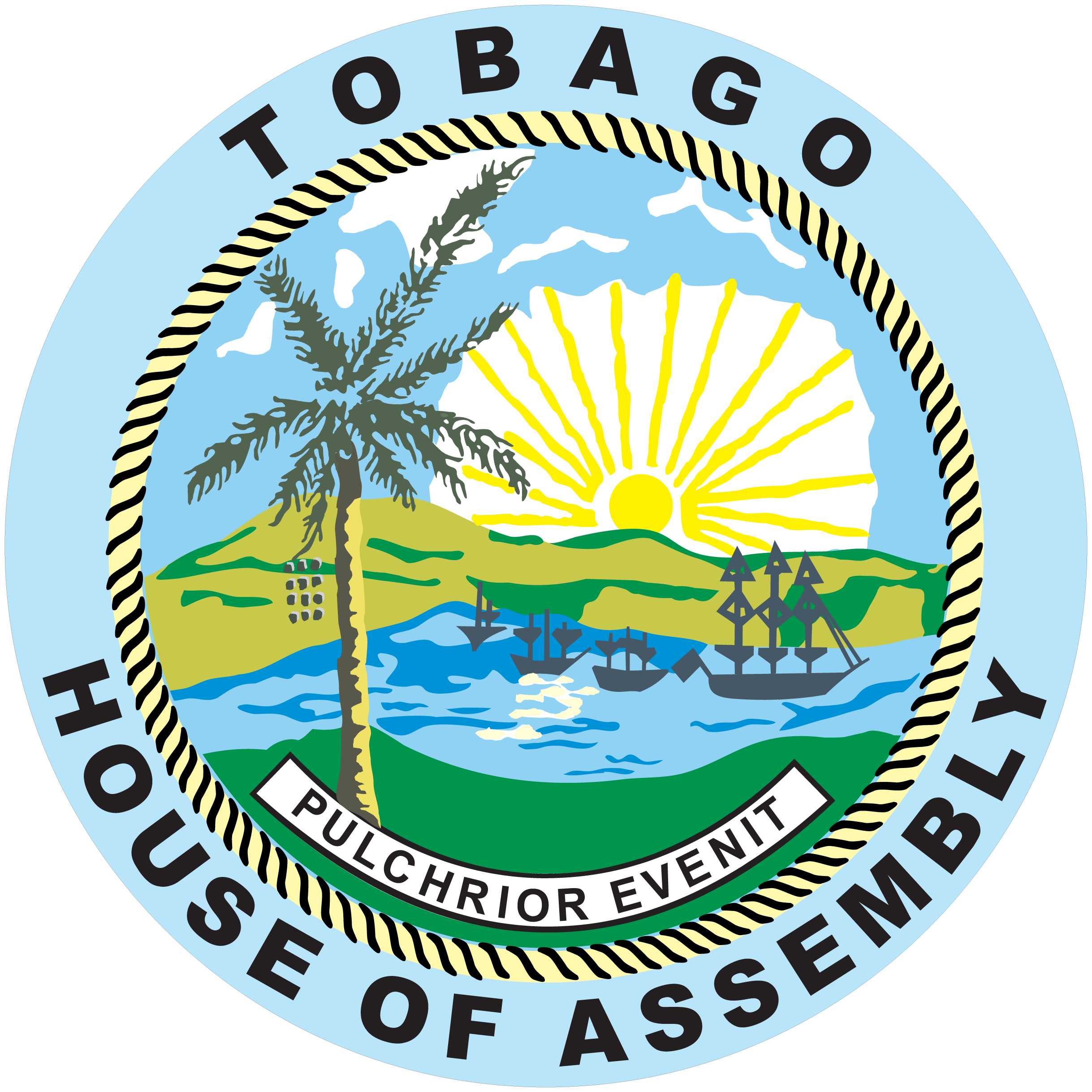Chief Secretary Orville London has advised graduates of the National Energy Skills Center (NESC) that if they were going to be successful they have got to be prepared and preparedness as far as he was concerned was a state of mind.
He said: “I want you all to accept the fact that when you go out in the world of work it is not just going to be about the training that you have but it is also going to be about your mindset and therefore your success over the next couple of years will be determine primarily by you. I have always said if we are going to be successful we have got to be prepared and preparedness as far as I am concerned is a state of mind,” he added.
The Chief Secretary told the 75 graduates at the Rovanel’s Resort on Tuesday: “If you surround yourself with small minded people, you surround yourself with people without ambition, you will remain small minded and you will remain small, therefore you have to be very careful, it is easy to get into a group and I want to suggest to you to select your environment very carefully. I am suggesting to you that you take responsibility for your actions and learn from your mistakes.”
Mr. London recalled that when he addressed a similar NESC graduation in 2002 he then understood the relevance of the center and the role it was playing and had the potential to play in the development of Tobago and the development of Trinidad and Tobago. He said in that year there were 23 graduates who were employed from the day of their graduation and today this had grown to over 2,800.
He noted that they had a more favourably opportunity for success than those who came from the traditional areas of training and today that situation was even more challenging. He said when he met the public on Fridays; graduates with degrees and post graduate degrees came to him seeking jobs. “They simply cannot find jobs in the present environment and that is because their training does not match the opportunities that are now available,” he added.
He noted that the success of the NESC to an extent created challenges to them because in 2001 it was 23 and in 2010 it was 2,800 plus the 100,000 that graduated in Trinidad and therefore the market for their skills was more saturated, more competitive in 2010 than it was in 2002.
